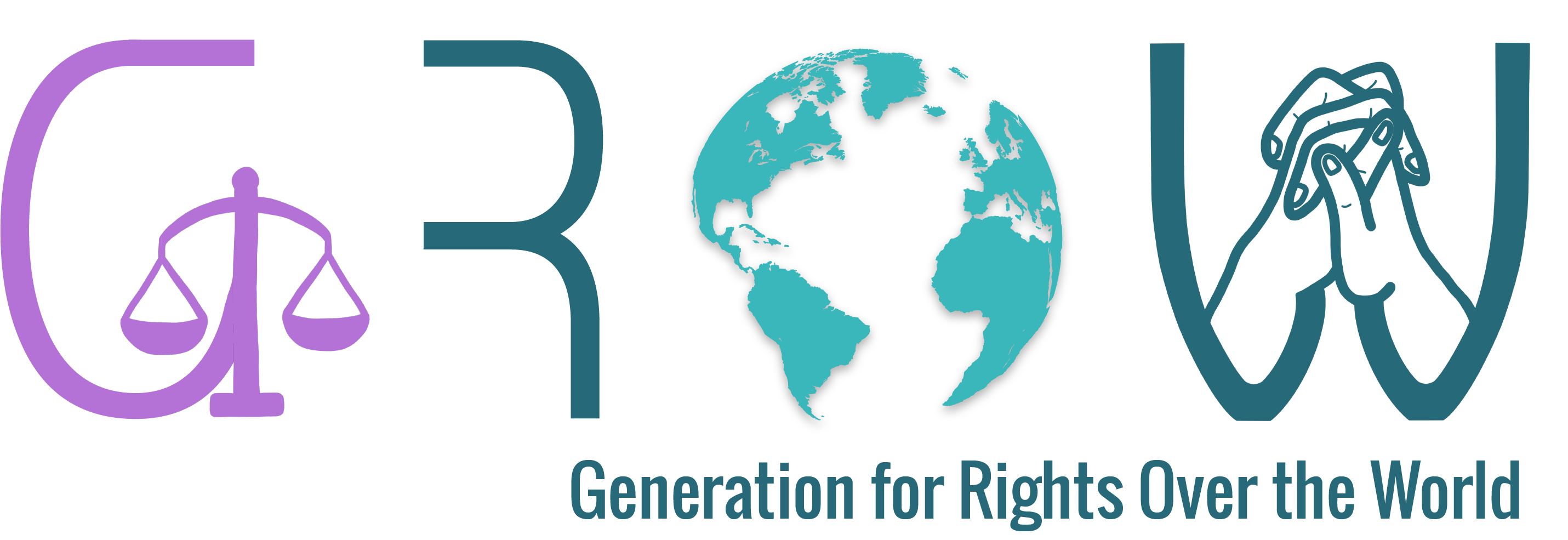Simone Veil, who died in 2017, continues to inspire. Her life story is more or less on everyone’s mind, yet 140 minutes seems a very short time to sum it up. Released in cinemas on 12 October 2022, Simone, le voyage du siècle looks at different periods in the life of the former President of the European Parliament, interweaving her memories and different periods of her life as she traversed the 20th century. The life of this woman marked three key historical moments of the last century: from the tragic Shoah to the hopes of the fight for women’s rights and the construction of Europe.
Olivier Dahan, also known for La Môme and Grace de Monaco, narrates the struggles of the young Simone on her return from deportation, including her studies in law and her access to the judiciary. The young Simone is played by Rebecca Marder and the older Elsa Zylberstein. To get a better grasp of her life and feelings, events from her past are brought to the fore to echo the present. This film allows us to go beyond the achievements she may have had in her life, this century, and dig beneath her shell to discover her family history and her inspirations. At the 2023 Césars ceremony, the film won the César for Best Costume Design and Best Set Design.
She has been hardened by a difficult personal and professional life. She was one of the first women to work in the senior prison administration, struggling to find her place in politics, surrounded by men. She eventually became Minister of Health under Valéry Giscard d’Estaing. Many of us remember her as having helped to pass the first laws restricting tobacco advertising and, above all, decriminalising abortion in 1974. Her past continues to haunt her as part of her commitment to Europe, as during the 1979 campaign for the European elections, when Front National activists disrupted one of her meetings. This quote is a testament to her resilience:
“You don’t scare me, not at all. I’ve survived worse than you! You’re nothing but SS with tiny feet!”1
Similarly, the thread running through her personal story and the film is her decision, as a survivor of the Shoah, to break the taboo, the silence surrounding the return to France of civilians deported by the Nazis. In conversations with her friends and family or in public, she does not hide her experiences, which she is not reluctant to talk about, particularly at the inauguration of a building site where she was able to make her contribution. In her discussions with the Prefect, she explains where her practice comes from:
“I did this, you know, I did this when I was deported. So I do it very well. I have an excellent technique. It’s been my profession.”2
Through the life of this historic figure, Olivier Dahan also gives us the chance to experience the 20th century, from its darkest hours to a kind of renaissance with the construction of Europe and women’s access to new rights. Yet she never claimed to be part of a feminist movement, simply a woman claiming her rights.
The film also provides a good point of comparison and perspective on how far we’ve come. For example, the situation in French prisons has undoubtedly improved since the days when Simone Veil visited them, but living conditions are still deplorable, as confirmed by the J.M.B and others v. France‘s judgement of 30 January 2020. In this judgement, the ECHR condemned France for inhuman and degrading treatment (violation of article 3 of the ECHR), due to prison overcrowding, among other things. Furthermore, in 2021, the Council of Ministers of the Council of Europe noted the inadequacy of the measures taken by the State following this ruling. So it seems that France’s relationship with its prisons has been structurally problematic for decades.
Throughout the film, a number of flashbacks take us through different moments in his life, including his youth, his private life, his professional life and his retirement. They give us Simone Veil’s point of view as she writes her memoirs, Une vie (Stock, 2007), and looks back on the different eras she lived through. These eras are very different from one another and bear witness to the upheavals and revolutions experienced by the French of that generation.
The film omits, certainly deliberately, certain aspects of Simone Veil’s life and certain positions, notably her position against marriage for all, which is never mentioned in the film. Simone, le voyage du siècle focuses mainly on the achievements of her professional life. Perhaps this was the director’s intention, to show only a smoothed image of one of France’s first female politicians. Is it to bring her more into line with our current expectations and values, so as not to offend anyone? In any case, there is a choice in not evoking this part of her.
This film allows viewers to immerse themselves in the brutality of women’s struggle for the acquisition of various fundamental rights that have become the norm. Indeed, beyond her person, Simone Veil is the symbol of an era.
Alongside the film, you can also discover our portrait of that politician published in one of our newsletters.
Simone, le voyage du siècle by Olivier Dahan, 2022, 2h20, currently available on Canal+ (in French).
References
HUDOC. Affaire J.M.B. et autres c./ France. (2020) [online] Available at: https://hudoc.echr.coe.int/fre#{%22fulltext%22:[%22jmb%20et%20autres%20contre%20france%22],%22documentcollectionid2%22:[%22GRANDCHAMBER%22,%22CHAMBER%22],%22itemid%22:[%22001-200446%22]} [Accessed 25 May 2023].
Franceinfo (2017). Cinq citations chocs de Simone Veil. [online] Available at: https://www.francetvinfo.fr/politique/simone-veil/video-cinq-citations-chocs-de-simone-veil_2268603.html [Accessed 22 May 2023].
Observatoire international des prisons (2022). Conditions inhumaines de détention et surpopulation carcérale: suivi de la condamnation de la France par la CEDH. [online] Available at: https://oip.org/analyse/conditions-inhumaines-de-detention-et-surpopulation-carcerale-suivi-de-la-condamnation-de-la-france-par-la-cedh/#:~:text=Par%20un%20arr%C3%AAt%20du%2030,droits%20de%20l’homme [Accessed 25 May 2023].







